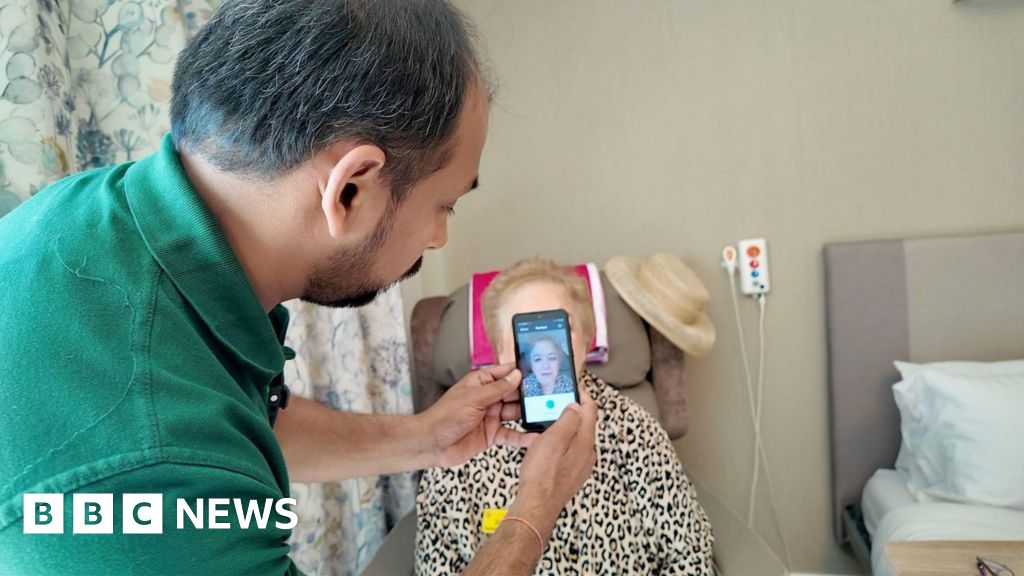AI's Role in Caring for the Elderly

The care sector in the UK is increasingly adopting technology and Artificial Intelligence (AI) to address the needs of its growing elderly population. Innovations range from robots designed to train carers to sensors monitoring residents' well-being and apps identifying pain levels. However, experts are cautioning against over-reliance on AI, emphasizing the importance of human interaction and ethical considerations.
Dr. Caroline Green from the University of Oxford stresses that AI should be part of a broader solution, not the entire solution. Speaking at an AI in Social Care Summit, she highlighted potential biases within AI systems that could amplify discrimination and prejudice. She also noted concerns regarding personal data sharing and the absence of official government policy on AI use in social care, emphasizing the need to ensure individuals have choices and that AI doesn't completely take over care provision.
AllyCares, for instance, uses sensors to monitor care home residents overnight, alerting staff to unusual incidents. Thomas Tredinnick, the head of AllyCares, reported that this technology reduces the need for frequent nightly checks, leading to better sleep for residents and fewer preventable health events. Christine Herbert, whose 99-year-old mother is monitored by the system, initially had reservations but was reassured by data showing her mother was not disturbed during the night.
At Elmbrook Court care home, the Painchek app is used to identify pain in non-verbal residents. Aislinn Mullee, the home's deputy manager, explained that the app scans a resident's face for pain indicators, providing a pain level score. This information aids in assessing medication needs and reassuring families during end-of-life care. Data privacy is maintained through password protection.
The University of Oxford's Robotics Institute is developing robots to train carers. Marco Pontin, a Post Doctoral Research Assistant, is part of a team that created a robot that reacts to human touch and can be programmed to feel pain, flinching if touched too forcefully. This "digital twin" of a patient will be trialled with occupational therapy students at Oxford Brookes University, allowing them to practice on a simulated patient without being there all of the time.
The increasing elderly population presents significant challenges. The UK has approximately 12 million people aged 67 or over, a figure projected to rise to 13.7 million by 2032. In 2023/24, local authorities in England spent £23.3 billion on adult social care. Reliance on overseas workers is also a concern, with a significant decrease in health and social care visas issued recently.
Lee-Ann Fenge, professor of social care at Bournemouth University, emphasized that technology should enhance existing care rather than replace human workers. She stresses the importance of addressing the ethical challenges of monitoring individuals and preparing people to protect themselves. She advocates for a balanced approach, considering both the potentials and risks of AI.
The UK government is taking a "test and learn" approach to funding AI in the public sector. However, they declined to sign an international AI declaration in Paris, which promoted an ethical approach to AI development. Dr. Caroline Green reiterates the need for a cautious approach, stating that AI can assist with administrative tasks but cannot replace human interaction. She warns against seeing AI as a panacea for staffing shortages and the growing demand from an aging population, advocating for continued investment in human professionals.
A Department of Health and Social Care (DHSC) spokesperson stated the government's commitment to harnessing technology to transform social care, citing AI-powered fall detection systems and tools that automate paperwork. They emphasized that using AI aligns with the 10 Year Health Plan, shifting from treating sickness to preventing it and promoting digital solutions.












